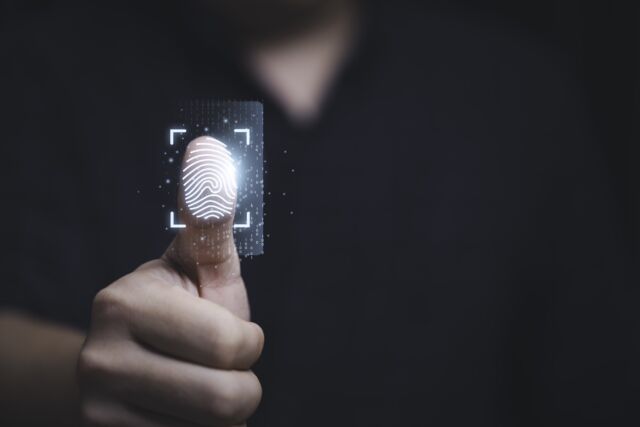Cops can force suspect to unlock phone with thumbprint, US court rules

🌈 Abstract
The article discusses a federal appeals court ruling that the Fifth Amendment's protection against self-incrimination does not prohibit police from forcing a suspect to unlock a phone with a thumbprint scan.
🙋 Q&A
[01] The Fifth Amendment and Unlocking Phones
1. What was the key question the court had to grapple with in this case? The court had to determine whether the compelled use of the suspect's thumb to unlock his phone was a testimonial act protected by the Fifth Amendment.
2. What was the court's ruling on this issue? The court ruled unanimously that the compelled use of the suspect's thumb to unlock his phone was not a testimonial act protected by the Fifth Amendment, as it did not require any cognitive exertion on the part of the suspect.
3. How did the court distinguish this case from previous Supreme Court rulings on the Fifth Amendment? The court cited two previous Supreme Court rulings - Doe v. United States and United States v. Hubbell. It explained that the key distinction is whether the compelled act requires the suspect to make use of the contents of their own mind, as in Hubbell, or merely provides access to potential evidence, as in this case.
[02] Implications and Limitations of the Ruling
1. What is the scope of this ruling? The ruling does not apply to all cases involving the use of biometrics to unlock electronic devices, but is a significant decision in an unsettled area of the law.
2. What are the potential implications of this ruling? The ruling suggests that police may be able to compel suspects to unlock their phones using biometric features like fingerprints, as long as it does not require the suspect to reveal the contents of their own mind.
</output_format>